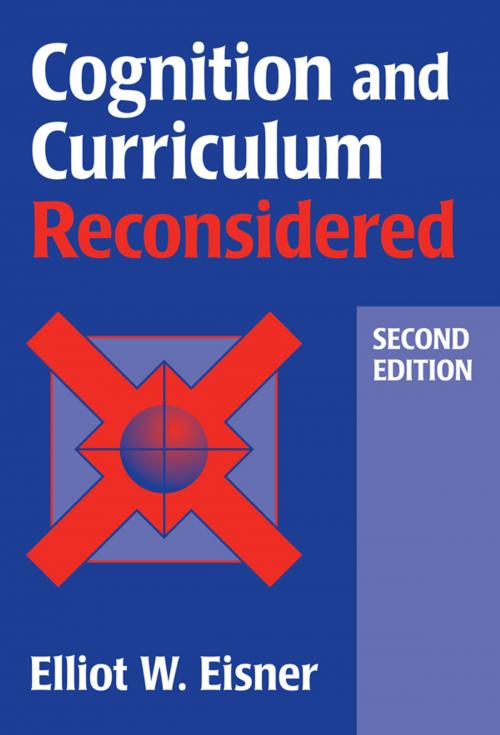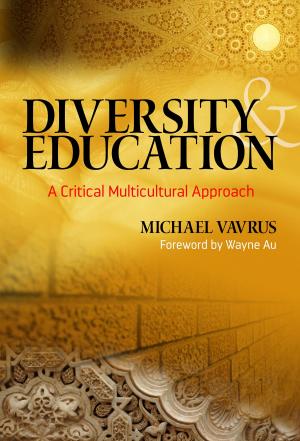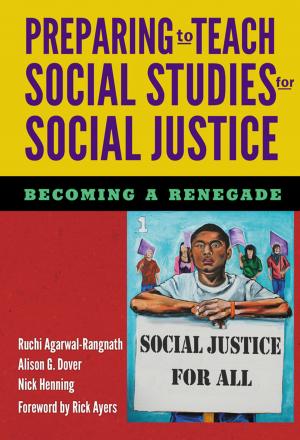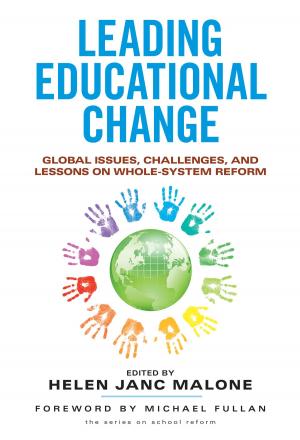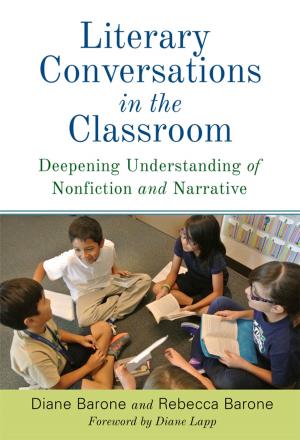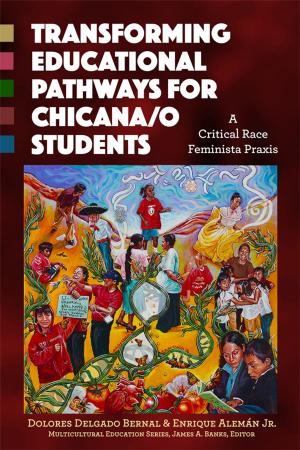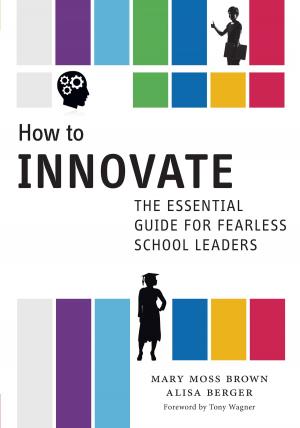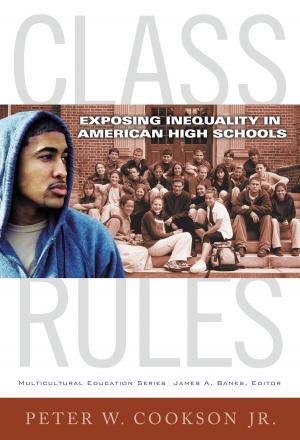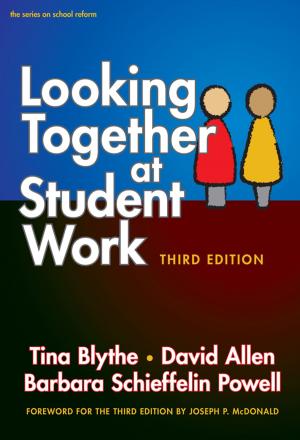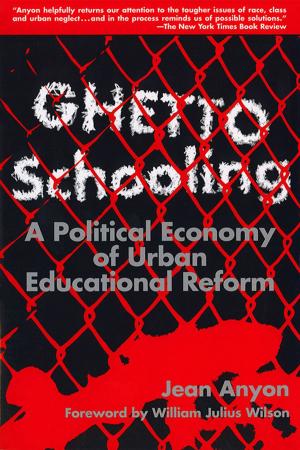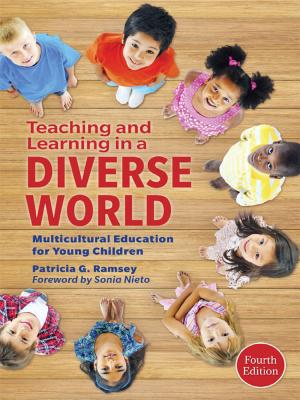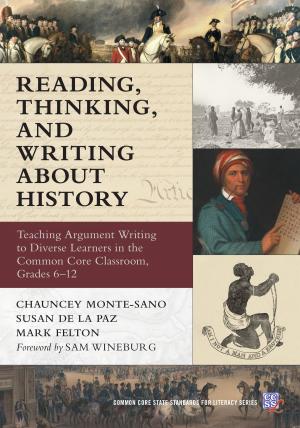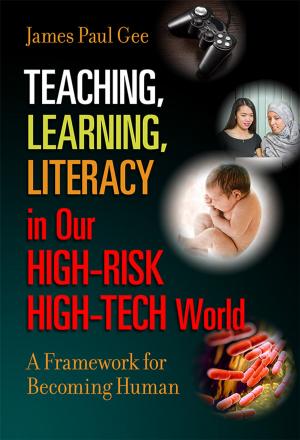Cognition and Curriculum Reconsidered
Nonfiction, Reference & Language, Education & Teaching, Educational Theory, Curricula| Author: | Elliot W. Eisner | ISBN: | 9780807775967 |
| Publisher: | Teachers College Press | Publication: | December 15, 2009 |
| Imprint: | Language: | English |
| Author: | Elliot W. Eisner |
| ISBN: | 9780807775967 |
| Publisher: | Teachers College Press |
| Publication: | December 15, 2009 |
| Imprint: | |
| Language: | English |
In his 1980 John Dewey Lecture, Elliot Eisner argued powerfully and eloquently for a view of literacy that goes beyond verbal and numerical skills, focusing instead on the central role of the senses in the twin processes of human conceptualization and expression. A few years later, Professor Eisner elaborated and expanded that lecture into Cognition and Curriculum, a book that was hailed as having the potential to “shake up educational decision makers as Dewey’s Experience and Education did.” Now, as the back-to-basics curriculum and standardized modes of evaluation—whose very foundations Eisner was questioning a decade ago—are again finding favor, Eisner has chosen to revisit his classic work. The result is Cognition and Curriculum Reconsidered, a substantially revised edition that adds two entirely new chapters, including a critique of the reform efforts of the intervening years.
Eisner starts out with an inclusive definition of literacy in its metaphorical sense: “the ability to encode and decode meaning in any of the forms of respresentation used in the culture to convey or express meaning.” This in turn implies a radically different approach to education, one that seeks to develop multiple literacies in the student, not privileging the understandings of the sciences and mathematics over those of the fine arts, humanities, and other branches of human knowledge. Such an approach will both enhance efforts at achieving educational equity and cultivate rather than stifle individual differences. Eisner brings together an impressive body of evidence from various fields of inquiry to produce an engaging, thought-provoking discussion about the appropriate boundaries of school curriculum and educational evaluation.
This book will be important reading for teachers and teacher educators and will be a welcome addition to courses in foundations of education, curriculum theory, qualitative research, and educational evaluation.
In his 1980 John Dewey Lecture, Elliot Eisner argued powerfully and eloquently for a view of literacy that goes beyond verbal and numerical skills, focusing instead on the central role of the senses in the twin processes of human conceptualization and expression. A few years later, Professor Eisner elaborated and expanded that lecture into Cognition and Curriculum, a book that was hailed as having the potential to “shake up educational decision makers as Dewey’s Experience and Education did.” Now, as the back-to-basics curriculum and standardized modes of evaluation—whose very foundations Eisner was questioning a decade ago—are again finding favor, Eisner has chosen to revisit his classic work. The result is Cognition and Curriculum Reconsidered, a substantially revised edition that adds two entirely new chapters, including a critique of the reform efforts of the intervening years.
Eisner starts out with an inclusive definition of literacy in its metaphorical sense: “the ability to encode and decode meaning in any of the forms of respresentation used in the culture to convey or express meaning.” This in turn implies a radically different approach to education, one that seeks to develop multiple literacies in the student, not privileging the understandings of the sciences and mathematics over those of the fine arts, humanities, and other branches of human knowledge. Such an approach will both enhance efforts at achieving educational equity and cultivate rather than stifle individual differences. Eisner brings together an impressive body of evidence from various fields of inquiry to produce an engaging, thought-provoking discussion about the appropriate boundaries of school curriculum and educational evaluation.
This book will be important reading for teachers and teacher educators and will be a welcome addition to courses in foundations of education, curriculum theory, qualitative research, and educational evaluation.
